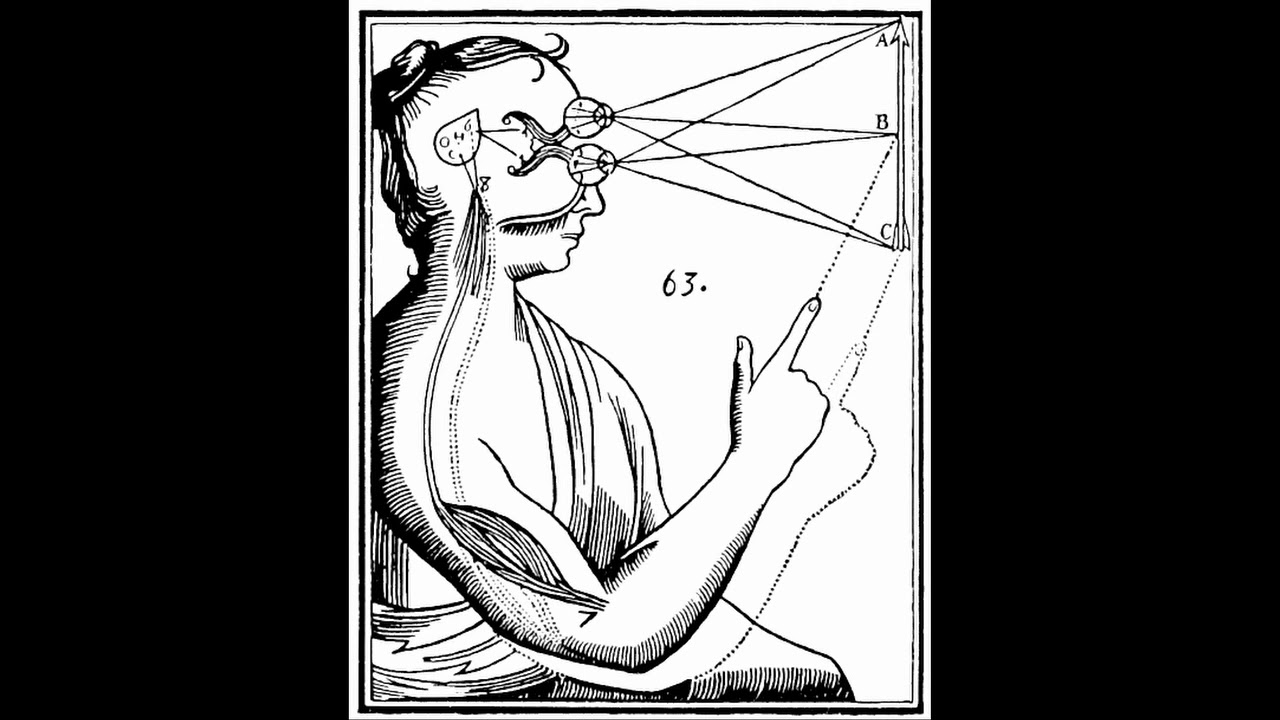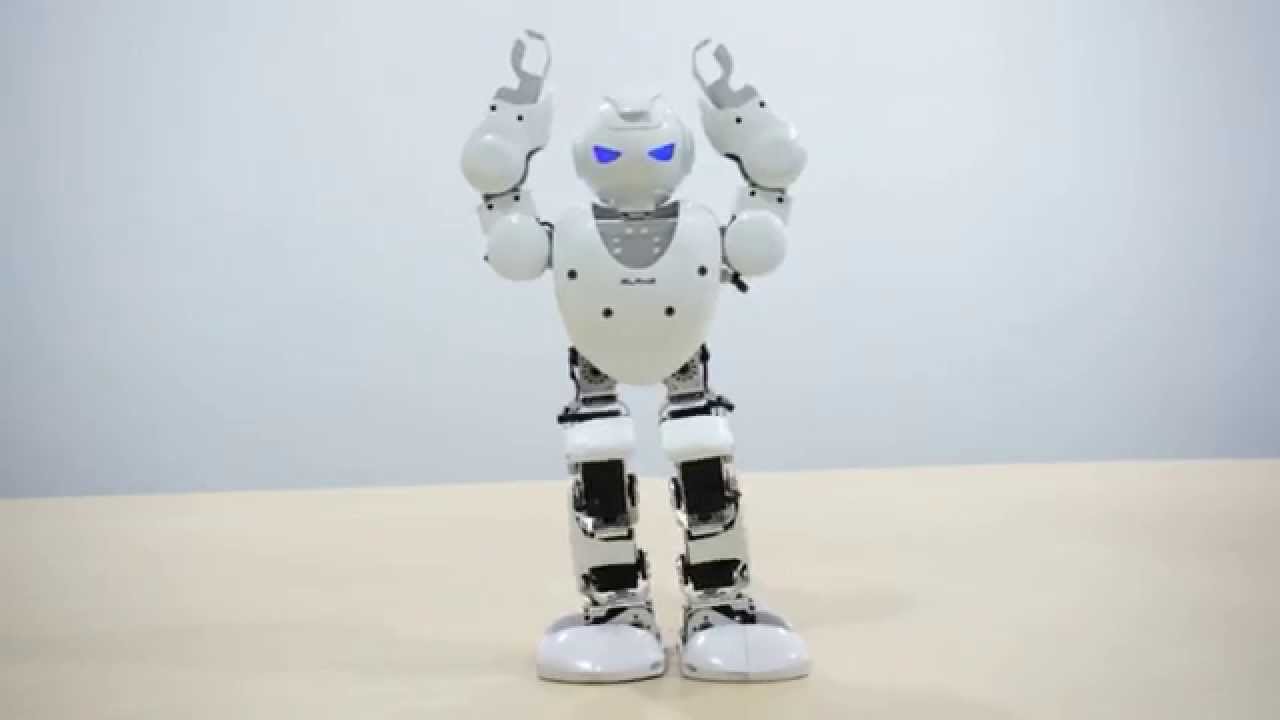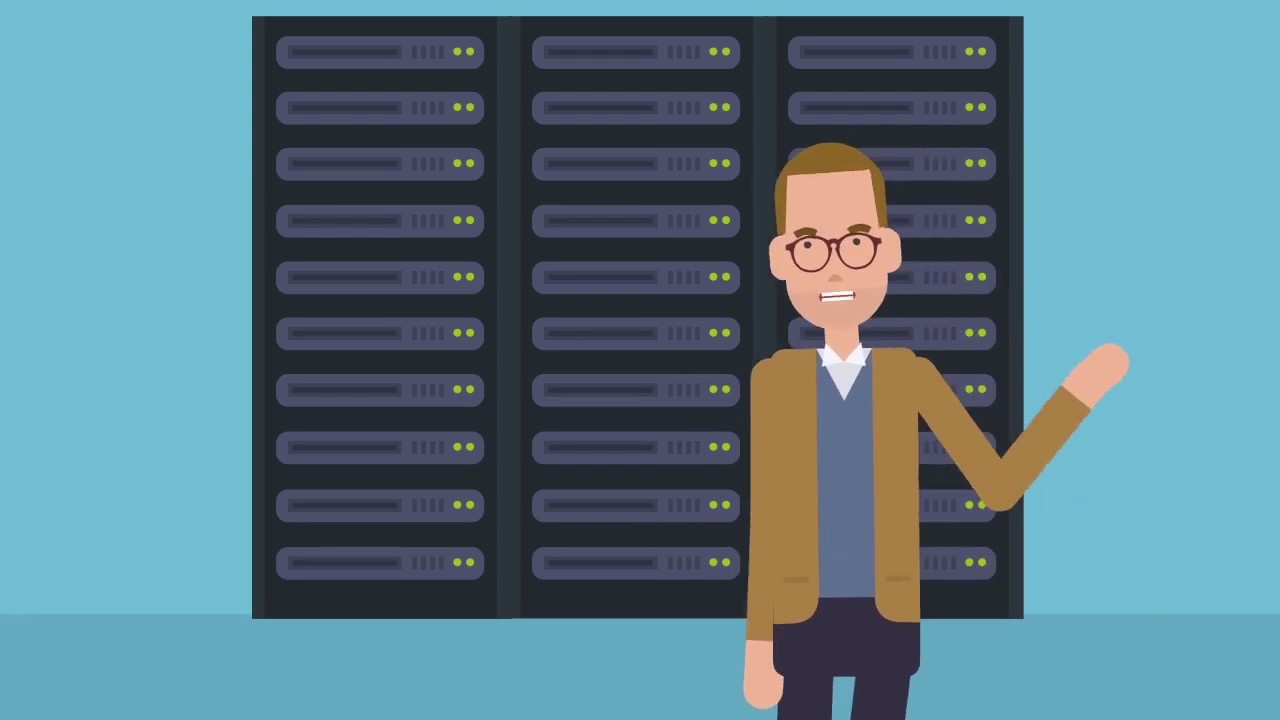Philosophy Overdose
Consciousness is one of the unresolved philosophical questions. There was hope that neuroscience might find some answers. But we still have no explanation for where brain activity ends and experience begins. Is it a mistake to think we can explain consciousness by examining the brain? Should we look elsewhere to our evolutionary roots perhaps? Or might neuroscience pull the cat from the bag after all? Consciousness is discussed by the following panel of speakers: psychologist and author of “Seeing Myself” Susan Blackmore, panpsychist philosopher and author of “Consciousness and Fundamental Reality” Philip Goff, and psychologist Nicholas Humphrey, whose books include “The Mind Made Flesh” and “Soul Dust: The Magic of Consciousness”. Barry Smith hosts the discussion.
The audio comes from from the Philosophy For Our Times podcast, from the Institute of Art and Ideas: https://iai.tv/
Note, I edited the audio in such a way that the volume level was roughly equal for each of the different speakers.
Philosophy For Our Times also has a Youtube channel. They don’t upload that many of the debates and discussions there for some reason, but you should definitely go check them out anyway. They post stuff on politics, philosophy, and art: https://www.youtube.com/channel/UCTsiZiMomJo6FOyiBaFeaIw
The image is a famous drawing from René Descartes in his “Treatise of Man”.
Source




this woman is vacuous
Numbers may not be a freestanding principle, but a bi product of central nervous systems interacting with solid matter, sort of like manure right, that then plays a vital role in being resorbed into the environment to power more growth still. So how about energetic feces. With it's own thermal load that weighs on nervous systems further still, squeezing yet more mental detritus (which is just processed time and space, energy and matter in all its forms),
Manure that then breaks down into more fundamental components still like nitrates, sulfurs etc, So that our thoughts ultimately affect periodic tables and physical laws even? As to the question of where is mind? How about mind is an accumulation of data gates, that separate the various levels of existence. From the many layers that make up a single individuated self, and then out further still to other people, and then out to other levels and forms of consciousness still.
Extrapolating and interpolating with each other at light speed (like sparking neurons) to form mind. Experienced as impulses, ideas, memories by the individuated self. A process that occurs beyond the speed of light possibly.
As collective energetic mass that snakes across time, has transcended any single planetary instant. When time may move like water through reality tunnels that open up into energetic dimensions and informational planes.
All of these, ultimately contained and processed inside collective central human activity. Calling to mind terms like psycho-geography, where whole realms may be contained in nothing more than a firing synapse, like floating islands traveling down the interconnected streams of collective dendrites and neural networks of living organisms?
Or else other energy platforms still, like animal, mineral or vegetable, so long as there is power supply to keep processors crunching and illusions maintained – with some rudimentary knowledge platform and architecture of consciousness in place.
Merrily, merrily, merrily, merrily life is but a dream, seen in the flitting of a sleeping dogs eye? Or cat if you prefer : )
The main problem with the panpsychic guy isn't the assumption of consciousness as primitive so much as it is that he's using the term "consciousness" in equivocative ways. It's not, nor can it be, that the phenomenon of consciousness in humans is just "richer" than whatever proposed consciousness of fundamental particles, which is evident by his point that, on his view, the ideas of spin and things like that are themselves just a particular way to talk about consciousness at a fundamental level. When Maxwell came up with electromagnetism, he didn't appeal to electricity to explain electricity. He broke electricity as a phenomenon down into what could explain it, and those constituent and fundamental parts formed the basis of his theory. That is what our panpsychic is NOT doing.
As it happens, I think that's what Husserl was starting to get at. It seems to me that intentionality comes much closer to being fundamental. In classical philosophy, intentionality is closely associated with final causality, and final causality gives meaning to efficient (and, those together to material and formal) causality. I can understand the spin of a quark in those terms–I can attribute to it a telos. I can attribute to the proton the quarks make up a telos. I can attribute to atom a telos, to the molecule a telos, to the molecular chain a telos, to the protein a telos, to the tissue a telos, to the organ a telos. It's not that telos pops into existence at some point. It is the basic and essential nature of reality. When it comes to sentient creatures, the thing that makes us sentient is that we can direct that intentionality back at ourselves. That self-reflective intentionality is experienced as what we call consciousness. And so it stands to reason there are degrees of richness to self-reflective intentionality which would correlate directly to what "part" of the self the intentionality is directed. A creature that is self-directed towards some very superficial impulse (i.e., a "sense" (and that gets at what that word even means) that it is near light) might "experience" that by being drawn towards the light. A more complex creature might draw away from a self-direction of damage, and it might "experience" that as pain. A more complex creature notice individual parts of itself, so it's "aware" of what it experiences as "hunger." Add in things like memory and you get basic instinctual judgments. You get a creature complex enough to be directed towards a range of its own parts (its own senses) as well as being directed towards itself as an organic whole, you get something much more akin to what we call consciousness.
At least, that's the way I've been thinking about this for some time, at least from a 30,000ft view.
The one thing I don't get about panpsychism is if you assume there to be primitive forms of consciousness within the constituents of matter and moreover assume that these primitive forms are not outside the known physical properties (but maybe even identical with them) — then how does this ease the problem at all? Still you'd face the problem of how a brain-like arrangement of (primitively conscious) constituents give rise to the phenomenon of consciousness that we experience. This would be especially true if you argue like Philip that the basic physical properties (like mass) maybe explained as some primitive form of consciousness. Actually, it seems just a way of paraphrasing the problem (without any advantage). Is it?
First of all: the Materialist Science does NOT explain anything. It's "explanations" are mere (wrong) "interpretations".
See e=mc^2
what is energy?
What is mass?
c is the speed of light; speed is distance/time, so
What is space (distance)?
What is time?
What is light?
I think that now it is obvious that science does NOT explain; science use mathematics allowing us to better manipulate matter (and is successful at it).
We can not talk about conscience before clarifying in advance what mind is; if we understand the mind as the adimensional foundation of life (being as a consequence nowhere and everywhere), then we can understand the brain as an "emitter-receiver" that links mind and matter. Conscience being a property of mind we will never find it in the brain.
"Memory is a psychological ability. Memory is retained knowledge. Knowledge is the set of true propositions. Propositions are beliefs that can be either true or false. Memory and knowledge and propositions and beliefs are psychological things. Computers are electromechanical devices, and electromechanical devices can't do psychological things, any more than people can boot up or freeze or turn their own screen saver on when they sleep. It's a category error. We attribute memory to a computer merely as a metaphor. The attribution of memory — in a psychological sense — to a computer is just nonsense, a bizarre confusion of metaphor and reality. A computer no more has memory, in the sense of remembering things, than you can catch a train at your computer terminal." – Dr. Michael Egnor, award-winning neurosurgeon
So a computer itself doesn't have memories, in the sense of remembering anything. But can a computer store memories? Of course not. Memories are not the kind of things for which the verb "store" has any sense. Nothing — neither we nor a computer — can store a psychological thing. "I can't store any more memories in my psychology, because I'm already full of propositions" doesn't even make sense. I can have memories, I can like or dislike memories, I can tell other people about my memories, but I can't store memories. And of course, neither can my computer store memories. My computer can store electrons, or data understood as patterns of electrons on the hard drive. But memories can't be stored on computers, because memories can't be stored at all. The assertion is nonsense.
Now, what is true is that representations of memories can be stored on a computer. I can enter data into my computer that is a representation of a memory that I have — the time and place of an appointment, or a catchy phrase I remember, or a photo of my uncle Fred whom I remember fondly. I have these memories, and my computer has representations of these memories. My computer doesn't have any memories itself, nor can it store memories, which can't be stored anyway.
It's the same thing when I put printed photos of Uncle Fred in my photo album. If I said "I store my memories of Uncle Fred in my photo album," I'm merely speaking metaphorically. The only thing my photo album contains is paper photos, which are representations of things I remember.
Now you may say "Wait a minute. The photo of Uncle Fred is equivalent to a memory, because if you're not thinking of Uncle Fred, and you open your photo album and see his photo, you remember him, which is basically the same as a memory. It's just an external memory, like an external hard drive." But you would be mistaken. If you show the photo album to someone who has never met Uncle Fred and has no idea who he is, that person will not have a memory of Uncle Fred just by seeing the photo. Therefore, the memory isn't "in" the photo. The memory is in you, and is merely rekindled by the photo. Only people have memories. Computers don't have memories, except as a metaphor.
We have memories, and computers store and move around electrons. Sometimes we represent our memories using computers. We have chosen to call that ability of a computer to store electronic representations "computer memory," by analogy to real memory, which is something that we, not computers, have. It's just a metaphor, for goodness sake. The interesting question is this: Why would such an obvious point escape us — and it escapes many very thoughtful and well-informed people? Why would it be news of any sort that computer "memory" is really just a representation of memory, just like a photo of a relative isn't the relative himself but is really just a representation of him? I've wondered about this a bit, and I think it has to do the philosophical illiteracy that is endemic among materialists, who populate much of intelligentsia and whose misunderstandings infest our intellectual culture.
Materialism — the belief that reality without remainder consists of dense stuff extended in space — is gibberish. It's self-refuting, to the extent that it's sufficiently coherent to refute anything. If materialism is true, then immaterial things like propositions, such the proposition that materialism is true, can't be true. Materialists, saddled with a (literally) meaningless metaphysical anchor, grasp at the nearest thing to philosophy that they can find. Metaphors are nearby. Materialist metaphysics is mostly metaphors. Metaphors seem like metaphysics, if you don't think too hard, and both start with "m," which seems to be enough." – Dr. Michael Egnor, award-winning neurosurgeon
"Not a single salient characteristic of the mind is a property of matter. The strict materialistic explanation for the mind — the attribution of immaterial mental acts and properties to brain matter — is, by definition, a materialist superstition, a "false irrational conception of causation in nature maintained despite evidence to the contrary." — Dr. Michael Egnor, award winning neurosurgon
If the mind is entirely caused by matter, free will cannot exist. If free will does not exist, then there is no such thing as an opinion. Therefore the atheist assertion, "There is no evidence for the existence of God." is is just chemical reaction, not an opinion, and cannot be either true or false.
If atheistic materialism were true, then immaterial things like propositions, such the proposition that materialism is true, can't be true.
If atheistic materialism were true, then the atheist proposition, "There is no evidence for the existence of God." is is just chemical reaction, neither true nor false.
"If the mind is entirely caused by matter, free will cannot exist. Matter is governed by fixed laws, and if our thoughts are entirely the product of brain chemistry, then our thoughts are determined by brain chemistry. But chemistry doesn’t have "truth" or "falsehood," or any other values for that matter. It just is. Enzymatic catalysis isn’t true or false, it just is. In fact, the view that "materialism is true" is meaningless… if materialism is true. If materialism is true, then the thought "materialism is true" is just a chemical reaction, neither true nor false. While there are some philosophers who assert that free will can exist in a deterministic aterialistic world (they’re called "compatibilists"), and some have argued that quantum indeterminacy may leave room for free will, the most parsimonious explanation for free will is that there is an immaterial component of the mind that is undetermined by matter."– Dr. Michael Egnor, award winning neurosurgon
If atheism were true, humans would be souless bags if matter with no inate value. Therefore, atheism is not only absurd, obviously false, and cannot provide for the existence of anything including morality, but is in fact a dangerous necromancy that has caused the death of hundreds of millions of people in the 20th century – a mountain of bodies and a river of blood – all because atheists refuse out of pride to acknowledge God. Atheism is a sickness that has done too much harm already. It should be internationally illegal to tell anyone they are a soulless bag of matter. This is abuse of the highest order.
Consciousness is a beautiful and sexy word inside The Cube….
Consciousness is a billion dollar word, that means he or she of great ignorance's???
The Grid Cube Loves Usury…
Within the hopes this helps?
Awesome podcast P.O. ❕❕❕
Do you know the qualitative difference in consciousness when you're on drugs or alcohol? Ever experienced the qualitative difference in consciousness when you've had a brain injury? Might there be something you could extrapolate from this data?
We are our brains.
I personally prefer pan-nifty-ism.
a veritable shit show of knowitallism on the part of yet another alpha physicalist, so temporally thick you could reify it down into a brain selected by evolution for an asshole
Susan Blackmore suggests the term "consciousness" probably doesn't directly map to an objective feature of reality, just as the term "life" doesn't directly map to chemistry. Coining the term "life" has lead people to imagine that because the term "exists" in language it must also exist in reality as some sort of Platonic property that living entities are imbued with (elan vital), whereas in fact it is just a conceptual way of unifying a particular set of chemical processes and describing some of the emergent behavior that chemistry gives rise to. So maybe consciousness too is a description of emergent properties of neuronal interactions. If that is the case, then we can get nowhere by trying to find out what consciousness is, as if it were some feature of reality, in the same way as we got nowhere by trying to explain what "life" is, rather we had to elucidate the chemical processes that fall under the conceptual umbrella of what we consider to be living things.
In view of the above, it seems most likely that progress on understanding consciousness will come from attempts to replicate it, just as much abiogenesis research concentrates on synthesizing chemical pathways. This is much what Alan Turing thought when he came up with the Turing Test at the dawn of artificial intelligence (AI) – if it looks like a duck and quacks like a duck, maybe it is a duck. And recently major advances have been made in machine learning technology (See Google's Deepmind Alpha Zero project, for instance). No one, as far as I know, is suggesting that current neural network implementations exhibit the behaviors that we categorize as consciousness, but certainly some of their behaviors are very suggestive (this such a huge subject…) and the way they learn, by understanding patterns in their input data, is suggestive too. It may be, in fact it seems likely, that at some stage we will be able to create AIs that exhibit a lot of the behaviors we attribute to human beings, and as Turing implies the question as to whether they really would be "conscious" or not, may not even be a meaningful one.
To say that activity in the brain is identical with what we experience seems obviously false. A brain scan of someone tasting cheese isn't the same as the taste of cheese (even if the brain scan detected every individual molecule in the brain). But if consciousness isn't exactly the same as the activity of the neurons that produce it, then it is unclear how those neurons produce it in the first place. Are they interacting with some invisible consciousness field? It seems far more likely that consciousness is just not a material phenomenon.
Matter is rearranged and takes on new configurations. So it is with the brain, and this gives rise to consciousness. What is strange is how a collective of many cells seems to be experienced simultaneously. Just taking the visual cortex as an example, the whole visual field seems to be there at once. And yet we know that the collective state of the visual cortex is always changing and immediately being filtered into pattern-recognition. The hardest thing for me to grasp is this collective nature of experience, as if spatial arrangement, simultaneity,, and quantum entanglement was involved.
This was a good video. I disagreed with some of what both speakers said and also with everyone else who has commented before me.
@Susan Blackmore: could what you describe be the end result of programmers? Simulation, A.I. etc.? If you're saying what I think you're saying then the answer would seem to be a cautious yes; which is my position as a panpsychist Gnostic.
Meaning is woven into the fabric of reality.
There are no irreducible conceptual structures. G Tononi is wrong.
The boundary between the material world and the world of concepts is not discrete.
Sacrifice and reward exist in the material world beliefs do not however, beliefs become expressions and experience shapes beliefs.
If Objects in the world they we see are just an idea or representation in our minds, as Kant, Schopenhauer, and others claim, then how is it that we can accurately estimate the distance between our own bodies where we stand and the outside object if it’s just an idea in our minds?
To know what consciousness is, first you have to list all the things that consciousness does. In other words, how can you postulate that it exists? And how is so-called consciousness distinguished from thinking and feeling? Does consciousness do anything else but think and feel? Why do we need to unify it into one concept? Everyone who talks about it seems to be using a completely arbitrary basis for a definition.
Well at least we know all these guys are not conscious. Or maybe we can call it, "Fear of Consciousness".
How old is this? Must predate emergent/swarm sciences.
This doesn't sound credible as resent discussion.
Your brain is a series of systems that compete with each other and consciousness is the emergent high order functioning narrative that chooses action. Like walking to the place to satisfy the chosen desire. or the nervous system that won the fight.